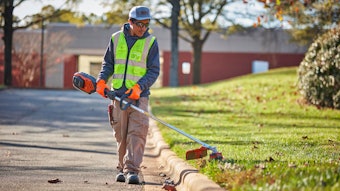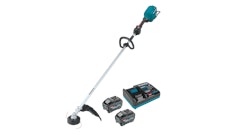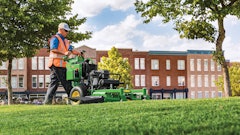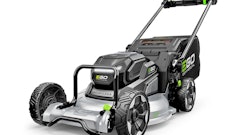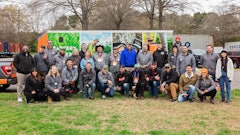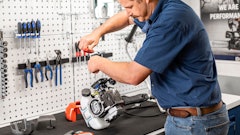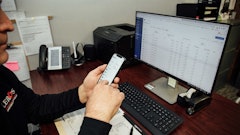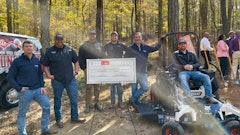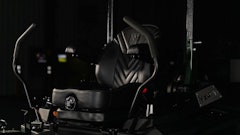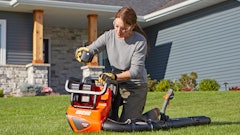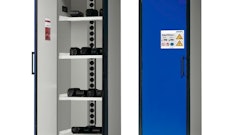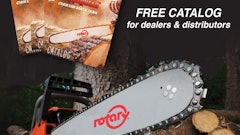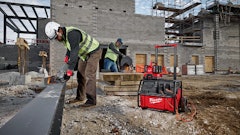
Many of a landscape maintenance crew chief’s responsibilities need to be addressed prior to leaving the shop in the morning. A great crew chief arrives to work early—and/or stays later—in order to ensure that his crew is ready each day. It's simple: Being pro-active will reduce your need to be re-active down the road.
Before your crew arrives
Client expectations. "Make sure you have knowledge of client expectation for each job as well as the time allotted for completion," says Dave Hessong, an organizational health consultant at Pro-Motion Consulting.
Where does that knowledge of client expectation come from? "We've developed a client expectations form," Hessong relates. "It starts with the salesperson who sells the job. The form forces him to get every important question answered so nothing is left out. Then, this written document can be passed along to the crew leader. Verbal instructions leave too much room for error—so get client expectations in writing."
Equipment. Great crew chiefs also accept responsibility for making sure that their crews have all of the necessary equipment for that day's work. Again, written checklists are an invaluable tool.
And speaking of equipment, great crew chiefs take the time to start everything up and perform inspections each morning to ensure that equipment is in good working condition. They also ensure that basic parts like spark plugs and fuel filters are on board before heading to a job. Additionally, great crew chiefs seek out information and training so they are capable of handling minor equipment repairs in the field all by themselves.
Weather. Great crew chiefs keep their eyes on the weather. That's pretty easy to do with today's technology, so there's really no excuse for not doing it. If you haven't already, download a local weather app to your smartphone (if you have one), or at least ask to review the local weather forecast on a computer at the shop first thing in the morning. "You have to look at the radar," Hessong points out. "A weather forecast is fine, but a 30% chance of rain doesn't tell you much. The radar, on the other hand, will tell you if a bout of rain is 10 miles away heading for your jobsite."
When your crew arrives
Positive attitude. Remember that your attitude affects your crew, so start the day on a positive note. Greet each of your crewmembers with something nice to say. Ask them to help load up the truck, but be careful not to boss them. While giving orders may become necessary at times, it's not a good way to start the day. "Motivate, don’t dominate," Hessong says.
Safety first. Crew safety is one of your biggest responsibilities. Be sure that each crewmember has his personal safety equipment that will be required for all jobs that day, i.e. safety glasses, gloves, high-visibility vest, hardhat, ear protection, etc.
You also need to make sure that each crewmember is trained in the proper use of equipment they may be required to operate. Observe and take the necessary steps to correct their improper behavior—which might include additional training offered by you personally. Just be sure to communicate what is happening to your supervisor.
Job by job
As pointed out earlier, you as the crew chief are responsible for meeting a client's expectations. At the same time, you are not to exceed the time allotted for the job. If you find that this is overly difficult to accomplish, then the job may have been undersold. Discuss this with your supervisors, because you don’t want to repeatedly do a job you feel is unprofitable.
Finally, you want to evaluate your crew's progress on site and have informal, end-of-day or end-of-job meetings. Take this opportunity to thank them for a job well-done. You can also offer positive criticism to promote continuous improvement.
Never put down your company or its people, especially its salespeople and/or management team. If your crewmembers have a complaint or question, just tell them that you hear them and appreciate their concern, and will communicate it to the necessary people back at the office.
A great crew chief needs to be able to think on his feet. Good planning will help keep this to a minimum. However, recognize that the unexpected problem is part of the nature of your job. Don’t panic; think your way through the problem.




